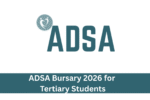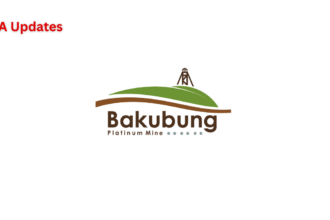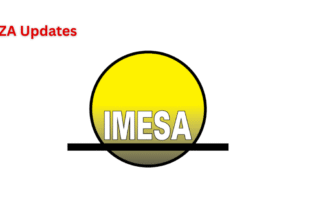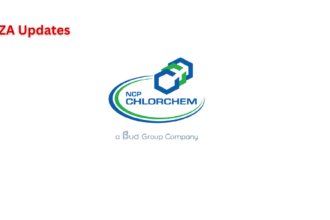DHET Bursary Scheme: A New Era of Financial Support for South African Students. In 2018, the South African government, under the leadership of the President, announced a pivotal educational initiative aimed at transforming higher education funding: the DHET Bursary Scheme. This scheme represents a progressive step towards making higher education accessible to all, particularly benefiting students from poor and working-class backgrounds. Here’s a comprehensive breakdown of what this scheme entails, who it serves, and the impact it aims to have.
Introduction to the Scheme
The DHET Bursary Scheme, introduced by the Department of Higher Education and Training (DHET), is designed to provide full funding for undergraduate students who are entering public universities for the first time. This initiative targets new first-time entrants (FTENs) who have never registered at any university before. It covers not only the tuition fees but also essential academic materials and living expenses, ensuring a holistic approach to financial support.
Eligibility Criteria
To qualify for the DHET Bursary, prospective students must:
- Be South African citizens.
- Have received a confirmed offer of admission from a public university.
- Come from a family with a gross annual household income of no more than R350,000.
The scheme prioritizes students who are categorized as coming from ‘poor and working class’ backgrounds. This financial threshold aims to ensure that support is targeted towards those most in need.
Financial Coverage
- Tuition Fees: The actual cost of tuition for the specific program in which the student is enrolled.
- Learning Materials: An allowance for prescribed materials necessary for the student’s course of study. This varies by field; for example, art students might receive funds for art supplies, while science students might receive funds for lab materials.
- Accommodation and Living Costs: For students who qualify, the bursary provides subsidies for university-managed or approved private accommodation. Additionally, allowances may cover meals and basic living necessities according to institutional policies.
Additional Support and Requirements
Apart from financial assistance, the bursary scheme includes several support mechanisms and requirements:
- Community Service: From their second year onwards, students are required to engage in community service, contributing a minimum of 80 hours per year to community projects. This fosters a sense of civic responsibility and community development.
- Academic Performance: Students must meet specific academic criteria, maintaining satisfactory progress to continue receiving funding. This includes passing at least 50% of their courses in the first year and adhering to the academic progression standards of their institution.
Long-term Commitment
Students who benefit from the DHET Bursary are expected to work in South Africa for a period equivalent to the duration of their funding. This requirement ensures that the country benefits from its investment in their education, reinforcing the scheme’s role in national development.
Application Process
Prospective students must apply through the National Student Financial Aid Scheme (NSFAS) portal, where they can create an account, submit their application, and upload necessary documents. The application window typically opens in the latter part of the year, and students are encouraged to apply early to ensure their applications are processed in time.
Conclusion
The DHET Bursary Scheme is more than just a financial aid program; it’s a strategic initiative to uplift individuals and communities by breaking down barriers to higher education. By providing comprehensive support to students from financially disadvantaged backgrounds, the scheme is a cornerstone in South Africa’s commitment to fostering an inclusive and educated society. For those looking to pursue higher education without the burden of financial constraints, the DHET Bursary offers a beacon of hope and opportunity.










